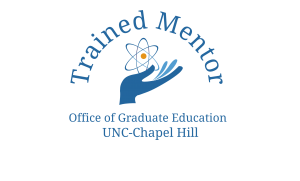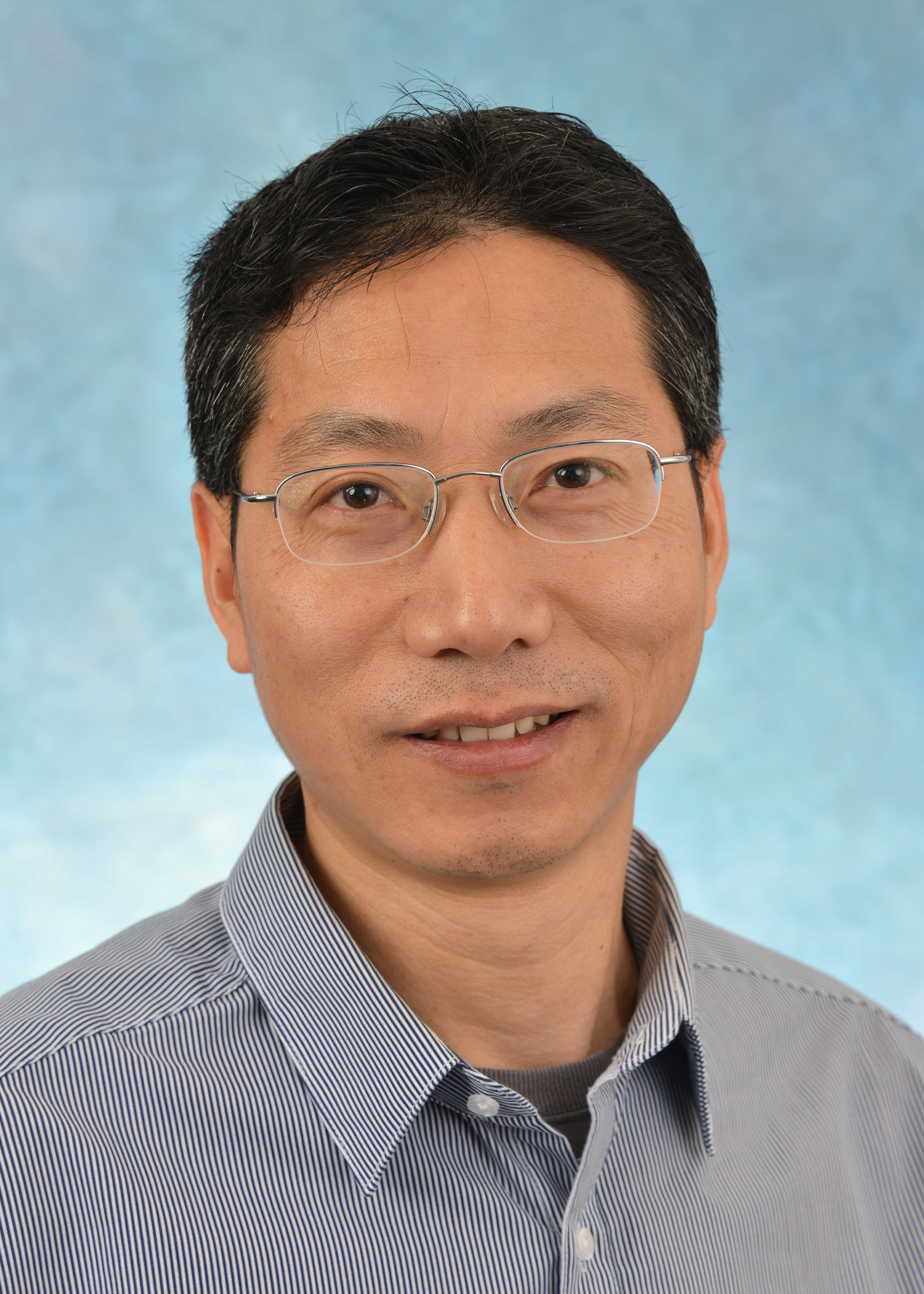Assistant Professor of Biochemistry & Biophysics
Joint appointment with UNC HIV Cure Center, Institute for Global Health and Infectious Diseases (IGHID)
PhD – Academy of Military Medical Sciences
ACCEPTING STUDENTS

Current antiretroviral therapy (ART) is effective in the suppression of HIV replication but failed to eliminate latent HIV reservoirs. Our lab aims to discover the molecular mechanisms how HIV transcription machinery is regulated during active HIV transcription and during the establishment of latency. The ultimate goal is to translate our understanding of transcription and latency of HIV into therapeutic interventions.
1. Epigenetic regulation of HIV transcription and latency: We recently discovered that a previously unrecognized epigenetic modification called histone crotonylation is involved in an efficient transcription of HIV. The induction of crotonylation disrupted HIV latency. In combination with other latency reversal agents (LRAs), the disruption of HIV latency is highly achieved compared with a single LRA. We are particularly interested whether and how crotonylation of histone and non-histone proteins regulates other signaling pathways to directly modulate HIV transcription or latency.
2. Deep silencing for a functional cure of HIV: We recently established a novel HIV deep latency model in which not only a deep latency of HIV can be induced but also sustained. We are actively investigating the molecular mechanisms underlying the induction and maintenance of deep latency and extending it to patient models to deeply silence HIV proviruses and prevent viral rebound.
3. HIV tissue reservoirs: We are interested in how cells in tissues are infected by HIV, such as CNS, placenta, kidney, GALT and skin. For example, how the unique interaction among HIV, immune cells, vascular cells, and neuron cells contributes to the initial seeding of the latent reservoirs in the CNS, and whether we can target the unique viral infection and latency signaling pathways to attack HIV reservoirs in the CNS, thereby controlling HIV-1 infection and HIV-associated neurocognitive disorders (HAND). We will examine it in HIV-infected rhesus macaques, transgenic HAND mouse model and brain tissues from PLWH.
PUBLICATIONS  (click for Full Publication List)
(click for Full Publication List)
Lab Contact
120 Mason Farm Road, CB# 7042
2111 Genetic Medicine Building
Chapel Hill, NC 27599
Phone: 919- 445-0384

